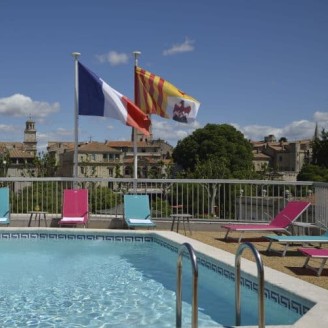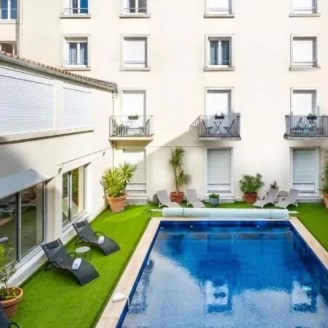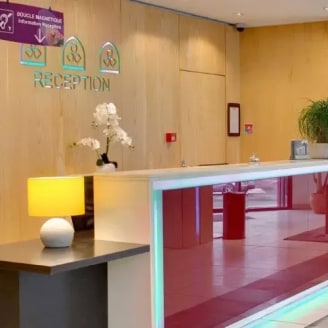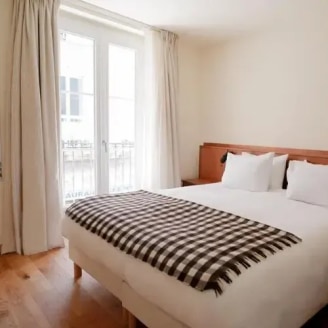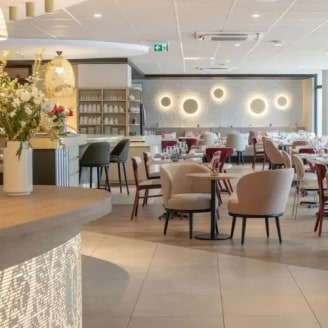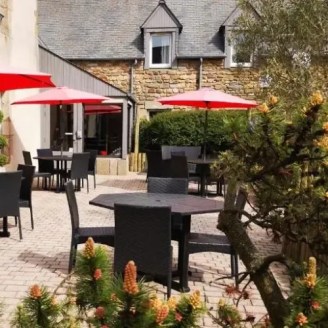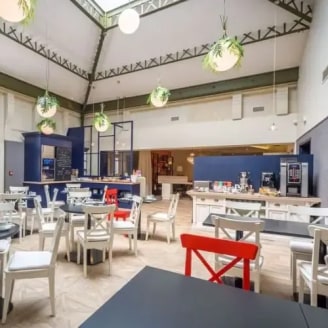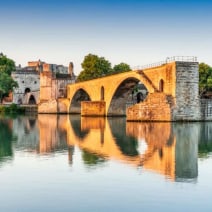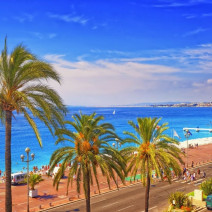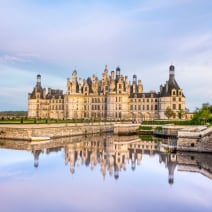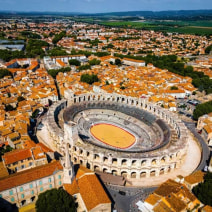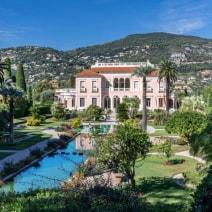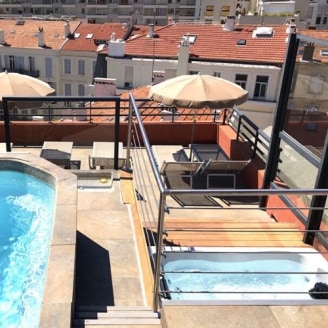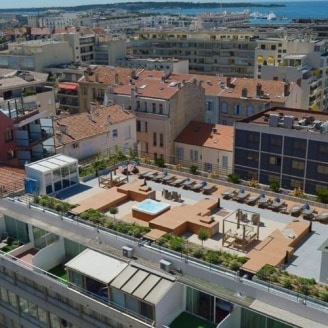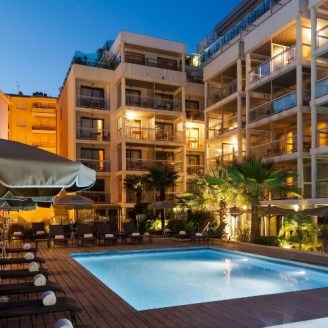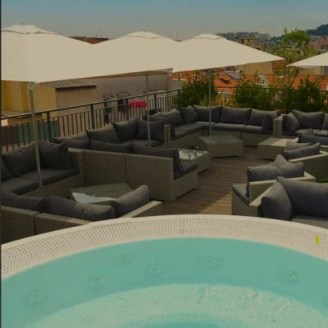France Travel Guide
France is renowned for its allure as a quintessential holiday destination, offering historical gems, golden beaches, breathtaking landscapes and exceptional gastronomy.
Officially known as the French Republic, France is a country in Western Europe with several overseas regions and territories. The country has a population of over 67 million, its capital and largest city is Paris, and the official language is French.
France’s distinctive culture and diverse attractions make it a dream destination. The French Riviera or Côte d'Azur offers warm weather, beautiful beaches, the glamour of Cannes, historical setting of St. Paul-de-Vence and the vibrant city of Nice. The Provence region has an impressive Roman legacy with its Amphitheatre and its city of Arles drew inspiration for Van Gough. Along the Atlantic coast, La Rochelle charms visitors with its picturesque harbour and maritime history, while Biarritz captivates with its Belle Époque architecture and elegant seaside promenades, once favoured by European royalty. Brittany enchants with its rugged coastline, medieval towns, and rich Celtic heritage, offering a unique cultural experience. The Loire Valley, often called the "Garden of France," delights travellers with its stunning châteaux, rolling vineyards, and scenic riverside towns. Many renowned writers were inspired by the capital of Paris and you'll see why when you take a stroll along the Seine, marvel at the Eiffel Tower and admire the incredible artwork at the Louvre Museum.
Experience 'le joie de vivre', we've provided some useful information below to inspire your holiday to France.

Time Zone & Currency in France
France is one hour ahead of Greenwich Mean Time (GMT) throughout the year. The currency in France is the Euro.

Weather In France
France has diverse climates. The south enjoys hot, dry summers and mild winters, while the north and west are cooler with more rainfall. The Alps and Pyrenees have snowy winters, and central France experiences distinct seasons with moderate temperatures.

Reading For Your Trip To France
Tender is the Night by F. Scott Fitzgerald
The Winner Stands Alone by Paulo Coelho
Death of a Master Chef: A Brittany Mystery by Jean-Luc Bannalec
Best time to go to France
We believe the best time to visit France is either Spring (April to June) or in the Autumn (September to November) when it's less crowded and the weather is cooler.
Top Tourist Attractions In France
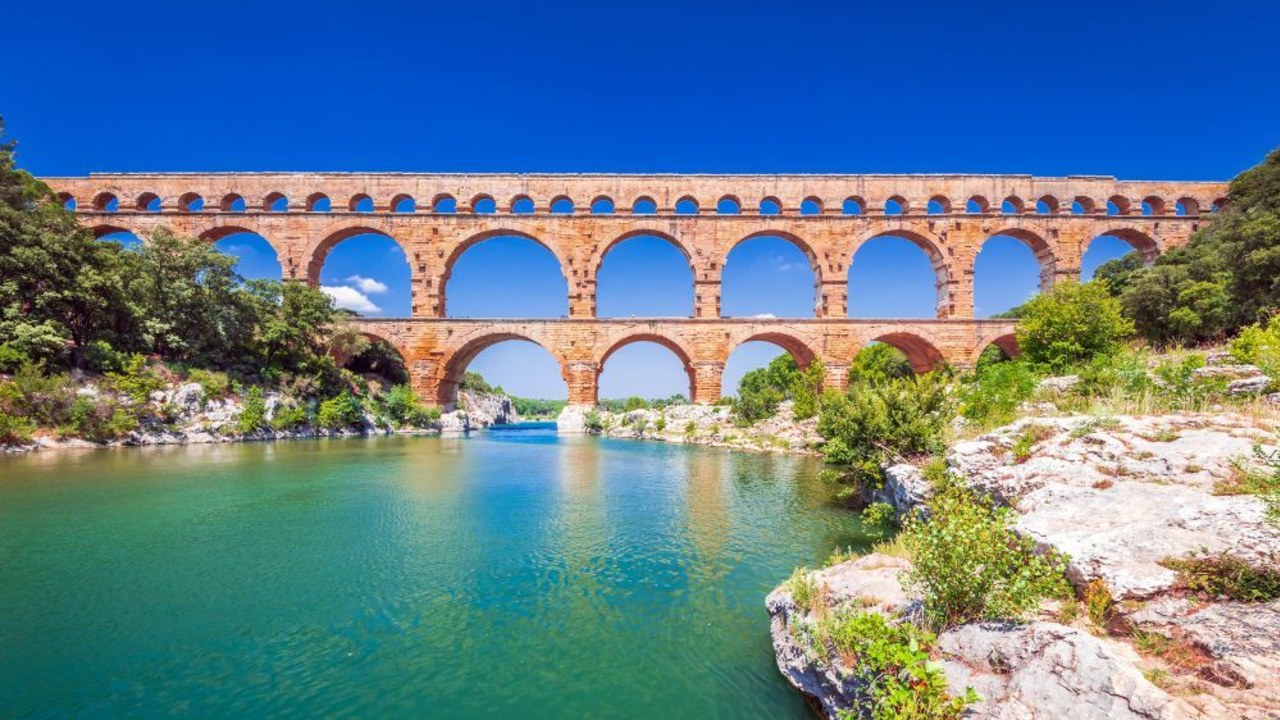
Top Places in France You Must Visit
From the romantic streets of Paris to the sun-drenched landscapes of Provence, explore the very best that France has to offer.
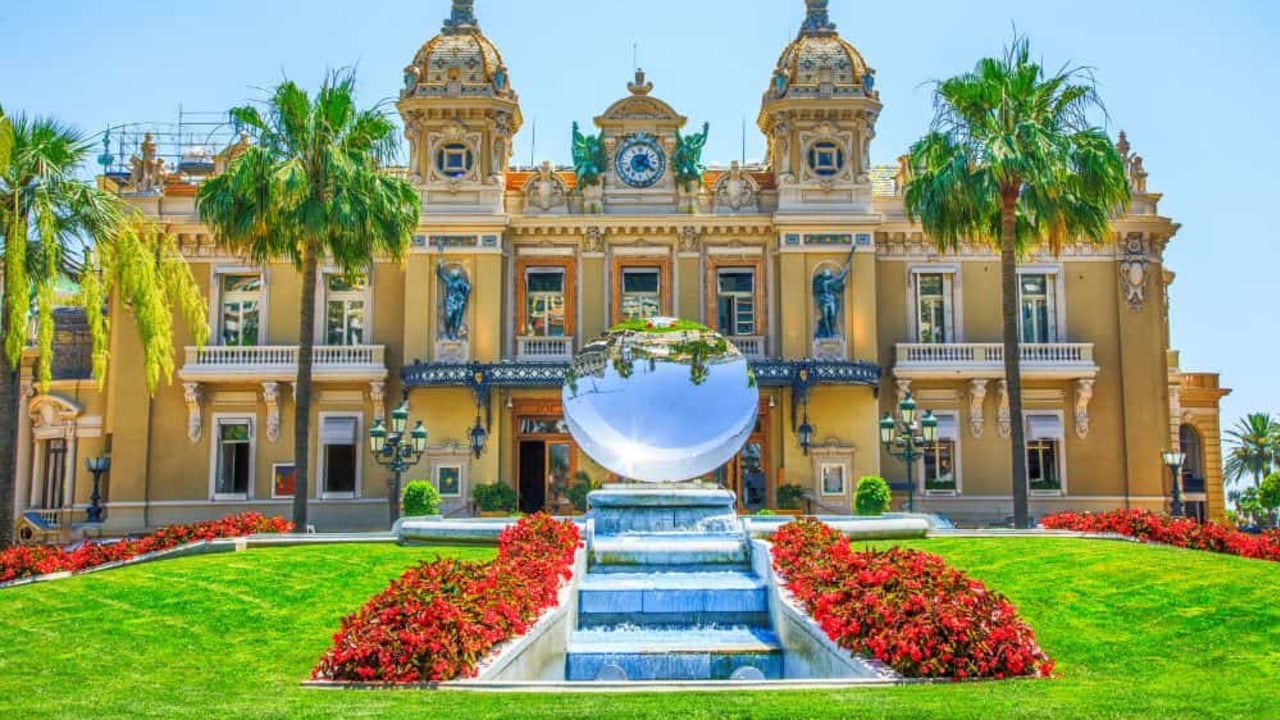
Top 10 reasons to visit French Riviera
The Côte d'Azur or the French Riviera in the South Eastern corner of France is home to some of the best-loved Gallic towns and cities. It has been the playground of the rich and famous since the 19th century and all of its allure remains.

Virtual Tour of France
Our expert guide Anke takes us on a tour of France. From discovering the beautiful towns of the French Riviera to experiencing the amazing history and culture that the French region of Provence has to offer.
Food and drink in France
French cuisine is world-famous for its rich flavours, fine ingredients, and exceptional wines, offering a culinary experience far beyond what you might find elsewhere. Some must-try dishes include:
- French Onion Soup: A comforting classic, this rich soup features caramelised onions in a flavourful broth, topped with melted cheese and crispy bread.
- Beef Bourguignon: A hearty Burgundy speciality, this slow-cooked beef stew is infused with red wine, mushrooms, and aromatic herbs.
- Bouillabaisse: A Provençal seafood stew brimming with fresh fish, shellfish, and fragrant saffron-infused broth, served with crispy bread and rouille sauce.
- Coq au Vin: A traditional dish of chicken slow-cooked in red wine with mushrooms, onions, and bacon.
- Ratatouille: A Provençal vegetable stew made with tomatoes, courgettes, aubergines, and peppers, infused with olive oil and herbs.
- Steak Tartare: A dish for the adventurous, this finely chopped raw beef is seasoned with capers, onions, and mustard, often served with an egg yolk on top.
France’s renowned wines, from Bordeaux reds to Provençal rosés, make the perfect pairing for any meal.
France Travel Guide FAQs
Can you give a brief history of France?
France has a rich history spanning over a 1000 years. Significant events such as the French Revolution in 1789 saw the abolition of the Monarchy and the establishment of the Republic as we know it today. The principles of liberty, equality, and fraternity, are very much instilled in the cultural and political landscape of French people today. In the early 19th century, Napoleon Bonaparte became Emperor of the French and a succession of wars followed across Europe. This iconic military leader enacted various reforms; his policies contributed to a rise of nationalism in other European countries, and he implemented the Napoleonic Code, which helped with the protection of individual rights. France suffered enormously from the impact of WW1 and WW2, and it took time to rebuild the country. In the post war period, new economic and social reforms were introduced. France also played a significant role in the creation of the European Union and re-established its major influence on art, film, literature and culture.
Do I require a holiday visa to travel to France?
A valid passport is required for this holiday. EU citizens do not need a visa. Non-EU citizens should check their requirements. A visa is not required for EU passport holders. For information on visa requirements for non-EU citizens, we recommend you contact the French embassy or consulate in your country of residence. UK citizens can find further information by visiting www.gov.co.uk
Is it safe to tour France?
The places visited on your itinerary are generally safe and our guides will always keep an eye out for you. However, in any large city there can be opportunists and pickpockets. It is wise to be vigilant, especially at busy tourist attractions and always take good care of your personal belongings. Make use of the safe at your hotel, and carry a photocopy of your passport when out and about. Always take extra care when using public transport.
Can I use my bank cards while holidaying in France?
ATMs are widely available. Before you travel, we recommend you seek information from your bank regarding card validity and charges.
What kind of plugs / sockets are used in France?
In France the power sockets are of type E - these are the two prong outputs. The standard voltage is 230 V and the standard frequency is 50 Hz. We recommend you always pack a universal adapter as this will be able to work in any country you visit.
What advice do you have for tipping in restaurants while in France?
In France, it is very common to find the service charge already added to the final amount shown on the bill. If the charge isn’t included then tipping can be considered as a gesture, not an obligation.
France Travel Advice
- For up-to-date information regarding entry into France please see: www.gov.uk
- Official French Tourism Board: www.france.fr
